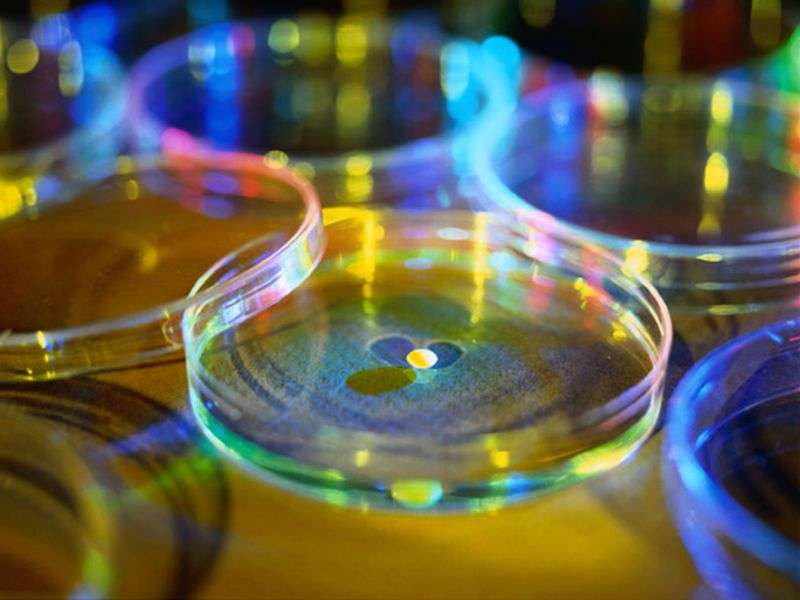ISG15 deficiency linked to antiviral immunity in humans

(HealthDay)—Investigators describe a strategy for development of a broad-spectrum anti-viral agent. Their research was published online May 19 in Nature Communications.
Noting that studies in mice have demonstrated a role for Isg15 in antiviral immunity and that human ISG15 has been shown to have critical immune functions, Dusan Bogunovic, Ph.D., assistant professor of microbiology and pediatrics at the Icahn School of Medicine at Mount Sinai, and colleagues examined ISG15 deficiency in humans.
The researchers described ISG15-deficient patients who did not exhibit enhanced susceptibility to viruses in vivo; this was in contrast to Isg15-deficient mice. Enhanced antiviral protection was seen in fibroblasts derived from ISG15-deficient patients; ISG15 expression was found to reduce viral resistance to wild-type control levels.
"We believe a drug that turns off ISG15 in humans for a brief amount of time would help many people facing an emerging viral infection—but of course, all this needs to be tested," Bogunovic said in a journal news release. He added that his team is now screening millions of small molecules to find a pill that can provide such an antiviral boost.
More information: Full Text
Copyright © 2016 HealthDay. All rights reserved.















